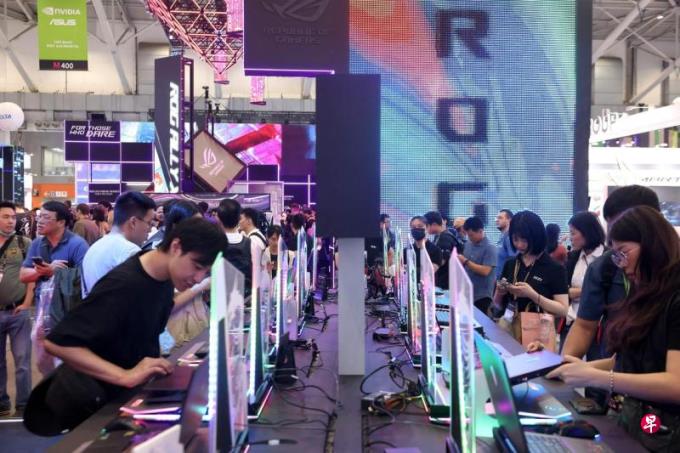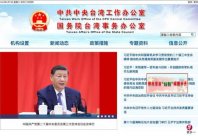
FITCH RATINGS) predicts on Thursday (August 22) that benefiting from global artificial intelligence (AI) booming and driving the surge in high -tech products. Taiwan's economic growth rate this year can be from 1.3 in 2023 1.3%Increase to 4%.
Fitch also pointed out that the economic growth of Taiwan's major trading partners will slow down in the future, weakening the demand for AI -related expenditure, geopolitical tensions, and uncertainty of the trade strategy after the US election.2.7%, but compared to other economies, it is still at a very strong level.
A press conference was held on Thursday. Thomas Rookmaaker, director of the Asia -Pacific sovereignty evaluation, made the above.
He said that the exports of Taiwan's exports to the United States by 62%in the first seven months of 2024 have surged 62%. In the past 20 years, the United States surpassed mainland China for the first time to become the largest export place for Taiwan export products.Fitch believes that the recovery of the semiconductor market and the continuous return trend will stimulate more investment.
In the "Federal Watch Taiwan 2024" forum that was conducted later, Thomas reminded that the November US election will bring economic variables.%Of tariffs, including other countries and regions, will also be levied by about 10%of tariffs. Fitch assessment will decrease by 0.4%at that time, and Taiwan will decrease by 0.8%, exceeding the average value of the world.
He pointed out that in case of retaliation with each other and continuous vicious circulation, the global economy will be reduced by 0.7%, Taiwan will decrease by 1%. Originally predicted that Taiwan's GDP was 2.7%in 2025, and it would become 1.7%.
Fitch Credit Rating confirmed that Taiwan's evaluation was "AA" last week, and the outlook is stable, which reflects its extremely strong external asset liabilities, prudent financial management, and competitive business environment;It is also limited as a small and dependent open economy. It is more likely to be impacted by external demand, complex and tense cross -strait relations, and its per capita income is lower than that of other "AA" evaluation economies.
Compared with the high -tech performance, Huang Xiaoting, senior deputy general manager of the Asia -Pacific Enterprise Relution Enterprise Enterprise Enterprise Rating, pointed out that in the future, Taiwan's traditional industry will face the pressure of capital expenditure under the trend of energy transformation.Stress, as well as potential changes and risks of US trade policies.
She said that Fitch expects that more mainland companies will increase their efforts to develop overseas markets in the case of weak local demand; while overseas competition is intensified, some Taiwan ’s transmission manufacturing industry may face internal heat and outsideCold situation.
Facing the trend of energy transformation, Taiwan ’s pass production industry is facing capital expenditure pressure.Huang Xiaoting believes that steel, building materials, and public utilities such as carbon emissions are facing great pressure on carbon emissions.Many companies need to increase capital deposits to promote low -carbon activities, including changing production methods or increasing the layout and use of renewable energy.A larger capital expenditure may cause the company's liabilities to rise, thereby reducing financial flexibility.



